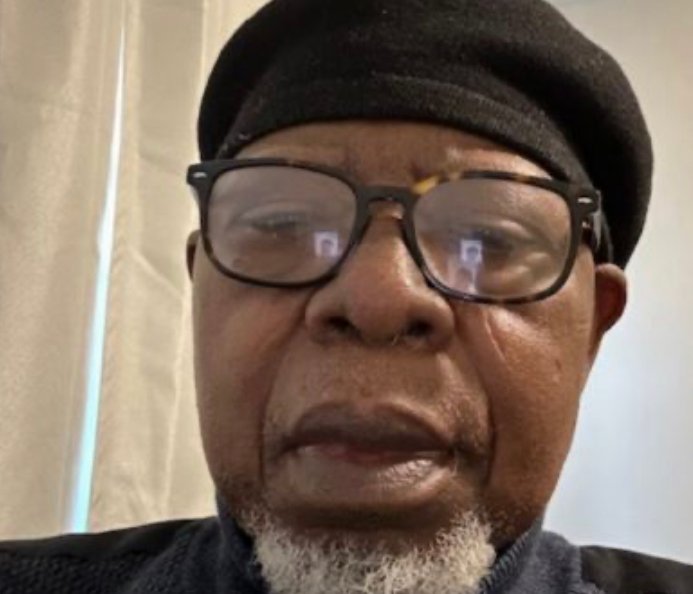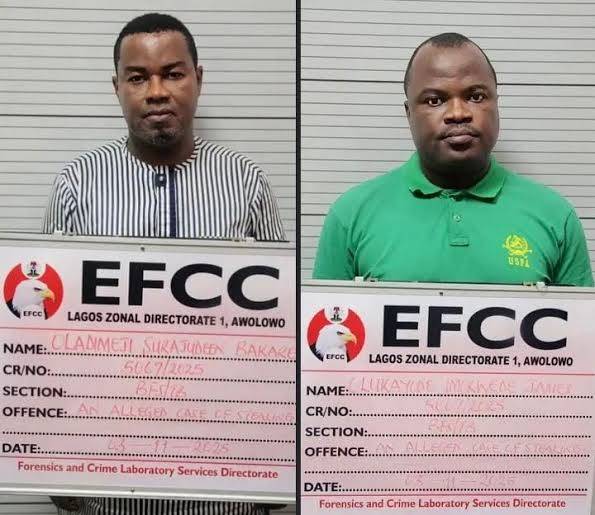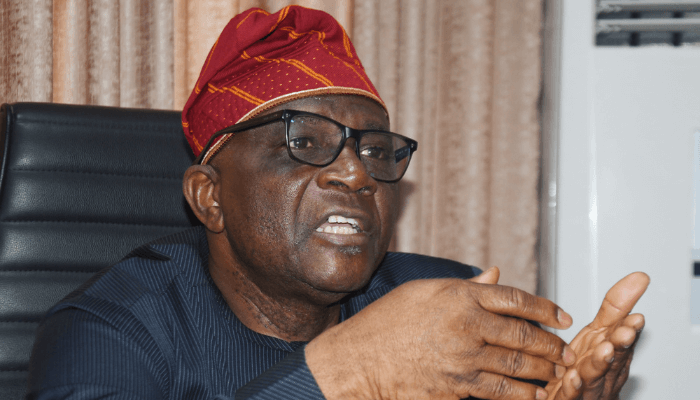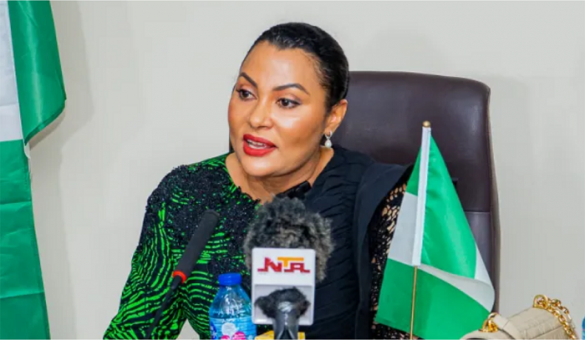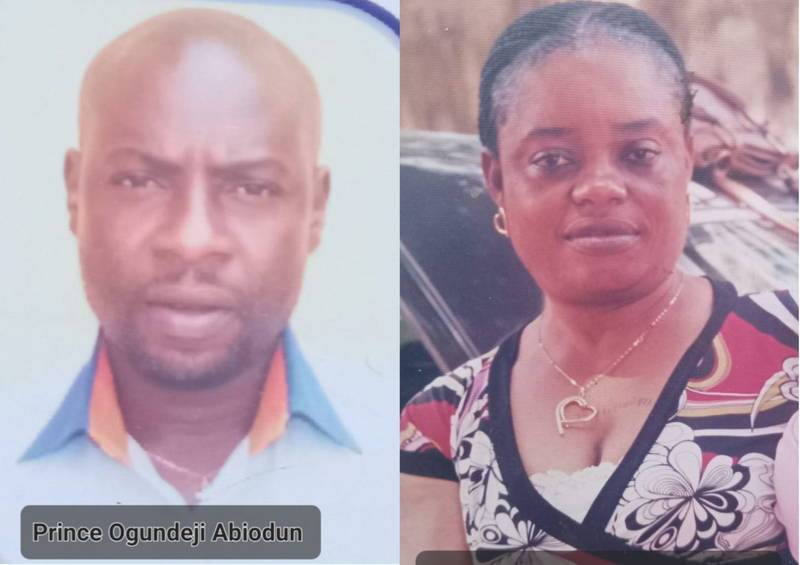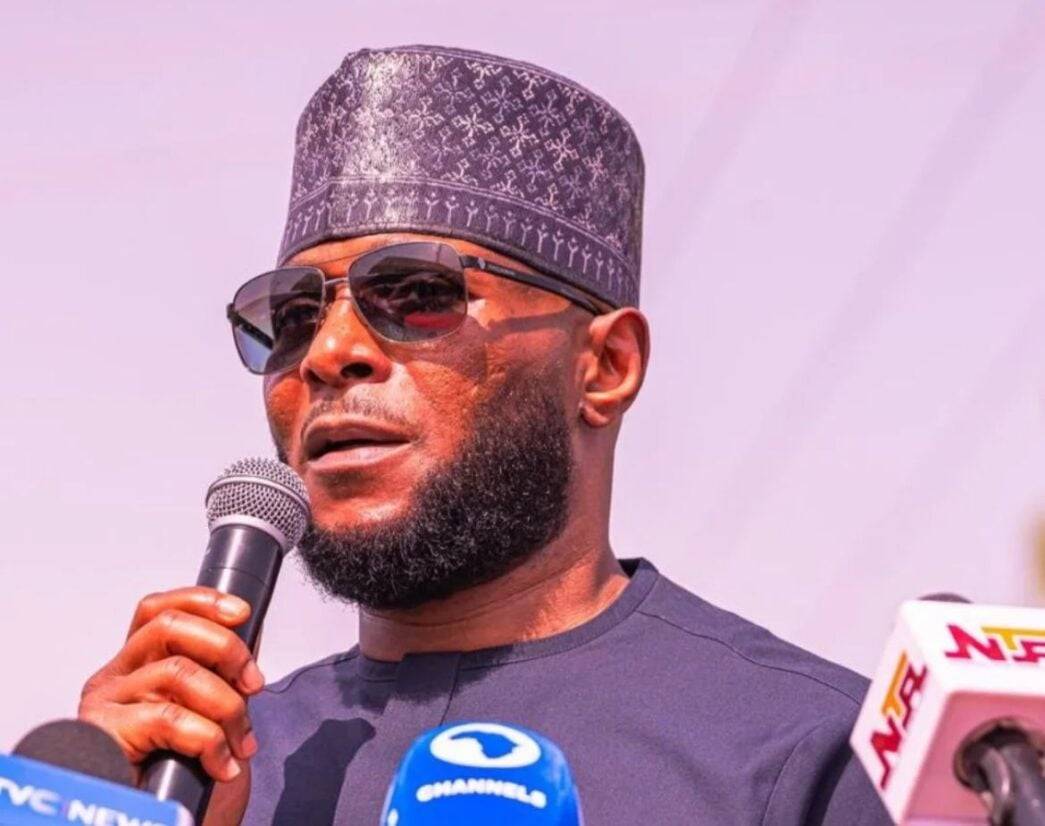By Olatunji Dare
Not unmindful of the insight of the poets that there’s many a slip between the cup and the lip, I make bold to assert what is already out there in published tributes and scheduled events: I will be turning 80 tomorrow (Wed, July 17).
No matter how you slice the calendar or reckon the passage of time, that is a lot of years, exceeding by a full decade the proverbial three score and ten granted to man, according to Holy Writ. But I never saw myself included in the select group destined to reach that milestone.
It was not unreachable. One had seen a parent live into the late 70s and another into the mid-80s, in full possession of their faculties. One had even encountered JV Clinton, a sprightly septuagenarian, who had served as editor of one of Zik’s newspapers in Port Harcourt, and was writing a scintillating column for the Sunday Times in the 1970s.
But he was regarded as a curiosity. It was as if he had no business being in that line of work, or indeed in any line of work for that matter. He was thought to belong more in a retirement home than in a newspaper studio. No reference to him was considered judicious unless it was prefaced with his age. That was an insidious disclaimer that signaled to the reader: “What you are about to read or are reading was written by a man in his 70s.
Caveat lector. Beware, reader.
The sage, Obafemi Awolowo, had reached 70 when the 1979 Constitution was being prepared. Despite his unrivalled mastery of federalism and his matchless record of achievement as Premier of Western Nigeria and Federal Commissioner for Finance in the civil war years – or because of them – they pivoted on his age in a bid to render him ineligible for the Presidency in the making.
Age 70 was attainable, I thought then. But was it desirable, despite the many individuals in that bracket who functioned productively and were making vital contributions to society? Of that, I was not sure.
Even if attainable, age 80 was not for me.
But here I am just one day short of that milestone, writing a weekly column. If I am viewed today as many viewed JV Clinton in the 70s, I guess I would say rather diffidently that I am not the only one guilty of that aberration, if aberration it is indeed and not grace.
The late Duro “Double Chief” Onabule wrote a weekly column for the Sun well into his 80s. Dan Agbese clocked 80 earlier this year, and his column remains a model of wit and clarity. The historian Akinjide Osuntokun clocked 80 several years ago, but his column on national and foreign affairs is an engaging distillation of his deep insights.
What can one say of Wole Soyinka who, at 90, has maintained the creative spark that produces cultural forms in a profusion and texture that will faze even the most gifted persons half his age?
I recall that on his 80th birthday, his son Olaokun remarked that the family had become increasingly concerned about his frequent travels to distant places unaccompanied. If he has given up the habit, I doubt whether he has made any other concessions to ageing, or what I should in Kongispeak call superannuation.
I did not sleepwalk into maintaining the column to age 80. If age is but only a number, that number climbs to a point where it weighs you down and slows you down and leaves its mark on you. Year after year, I thought of retiring the column. Year after year, my resolve failed.
Though tasking, it keeps one’s writing skills alive. Writing it attunes one to the issues of the day, and makes one think through the consequential as well as the idiosyncratic. It enjoins judgment and a nice sense of discrimination. The fan mail flatters the ego, but the column keeps you grounded. It wins you more friends than it cultivates adversaries. It helps pay offshore bills and brings some collateral benefits.
But one must draw the line when what was for several decades a delight is gradually becoming a chore, when the challenge of finding new ways of saying what needs to be said and saying it elegantly becomes less insistent, and when the urge to simply fulfill all righteousness for the day has begun to subvert the imperative of doing superior work.
I am back to that point in my Bradley University years when I used to forward impatiently to the end of the class, unlike in previous years when students had to remind me that the hour was up and that they needed to head to the next class. I suspect I have passed it.
These days, I hear the keyboard whispering: Why not go with what you have and move on to something less exacting? What exactly are you trying to prove?
Two spinal surgeries and a cumulation of the pathologies of ageing accelerated this development. They have also contributed in large part to my failure to fulfill a solemn, public pledge I made ten years ago at a book launch and lecture to mark my 70th birthday.
Asked why my wife was not present to share the joy of an occasion that belonged in equal measure to both of us, I explained that she had to stay back in Peoria, Illinois, to look after our autistic second son, then 35 years old.
I first became aware that autism was in all probability a significant public health issue in Nigeria during a sumptuous lunch in Addis Ababa, Ethiopia, in April 1991. Emeka Izeze, editor ofThe Guardian and I were on assignment with the Secretary-General of the OAU, Dr Salim Ahmed Salim, on the eve of that year’s Guardian Lecture he was scheduled to present.
A Nigerian ambassador in the OAU Secretariat was our host, and the party included a senior career diplomat at the Nigerian Embassy in Addis, and a Nigerian technocrat serving with a UN agency based in the Italian capital, Rome. All five of us were gathered in the same room and dining at the same table for the first time.
I do not recall the drift of the conversation, but we discovered that four of us had autistic children and were struggling grimly to cope. The odds against this occurrence must be galactic. On the spur of the moment, I vowed that I would one day embark on a mission to raise awareness about autism in Nigeria and help mobilize resources to combat its blight.
The 2014 ceremony at which I spoke for the first time in public about my son’s autism seemed to me as good an occasion as any to return to my 1991 epiphany in Addis Ababa and the response it had called forth.
And so, I announced that on my retirement from teaching the following year, I would devote my time to serving the autistic. But I did not reckon with the fragility of life after 70.
Nothing had prepared me for the rapid onslaught of one medical challenge after another. Two back surgeries. Then Covid 19, with its severe restrictions on travel even for the robust and agile. Then the loss of the project file and working file papers in my luggage on a Lufthansa flight from Frankfurt en route Lagos. All in all, a near-perfect calendar of woes.
Still, it is for me a matter of shame that the project never got off the ground. It is not dead, but my involvement at this stage can only be peripheral.
I have on deposit N6.5 million, comprising the N3 million donated by Governor Kayode Fayemi and Governor Adams Oshiomhole at the 2014 event, plus accrued interest. It will be handed over to a bona fide legatee my solicitors are working on locating, plus my personal bequest.
The column will take a valedictory bow next Tuesday.


